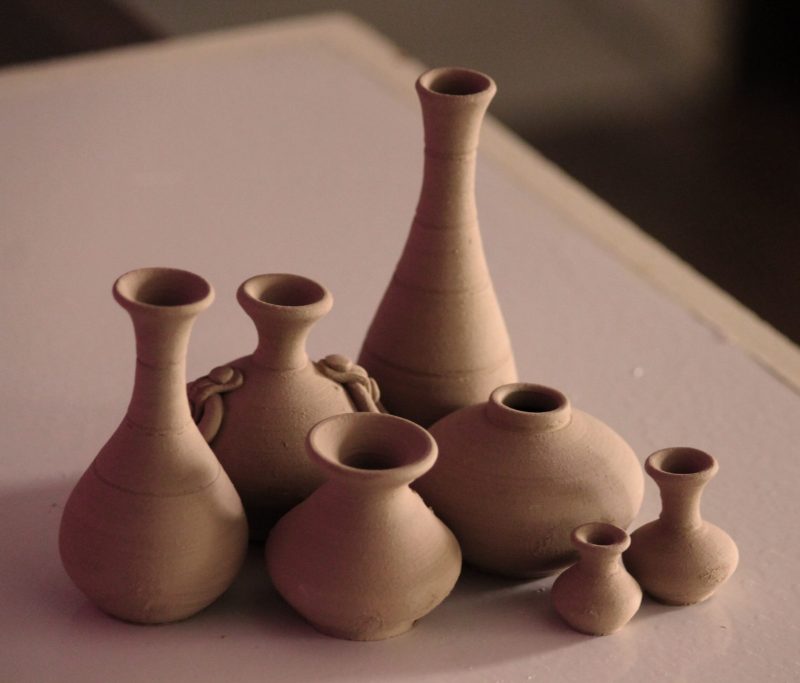
Isaiah (Chapter 29) and Jeremiah (Chapter 18) talk about God’s people as clay in His hands. Basically, what they’re saying is, can God not do as He pleases with what He has made? Can a potter not do with the clay what he chooses, or does the clay have any say in what happens?
Years later, in his letter to the church in Rome, Paul refers back to this idea (Romans chapter 9). Israel, His chosen people, has turned away from God and does not recognise Jesus as the Messiah. Paul introduces a complex discussion around this as to whether or not God is fair in His dealings with His people. It centres on the idea of God hardening people’s hearts against Him: if God chooses one person to follow Him and “hardens” someone else’s heart not to follow Him, how then can that person be blamed for not believing? It’s a discussion about God’s sovereignty and the free will of mankind which really stretches our limited understanding.
So how do we respond? The scriptures portray a God whose desire for us is always His best. To live in the good of this requires our cooperation. It’s not just that we stay carefully within the boundaries He has given, but that we wholeheartedly and freely embrace His direction out of love for Him.
Jesus’ invitation to follow Him stems from His love for us and is open to everyone. As such, it seems in fact that we do have a say in our destiny because we can choose how we respond to Jesus. By following Him, the character of His Spirit moulds the clay of our lives and we become more like Him.
The passages in Isaiah and Jeremiah grapple with how a loving God deals with rebellious Israel. But there is also a beautiful reassurance about the image of clay being shaped by a potter. And this is it: throughout the time a potter is making a pot, his hands are in constant contact with the clay on the wheel! As we live in relationship with God, His hands never leave us, He is always holding us, shaping and moulding us. Through our cooperation with Him in all our circumstances, He delights to create His image in the clay of our lives. There’s a wonderful security in this as we entrust ourselves into the hands of our Heavenly Father.
Father God, I worship You. I say, “Thank You”. I couldn’t have anyone better to look after me. I yield to You and I trust You with all the circumstances of my life. In Jesus’ Name.